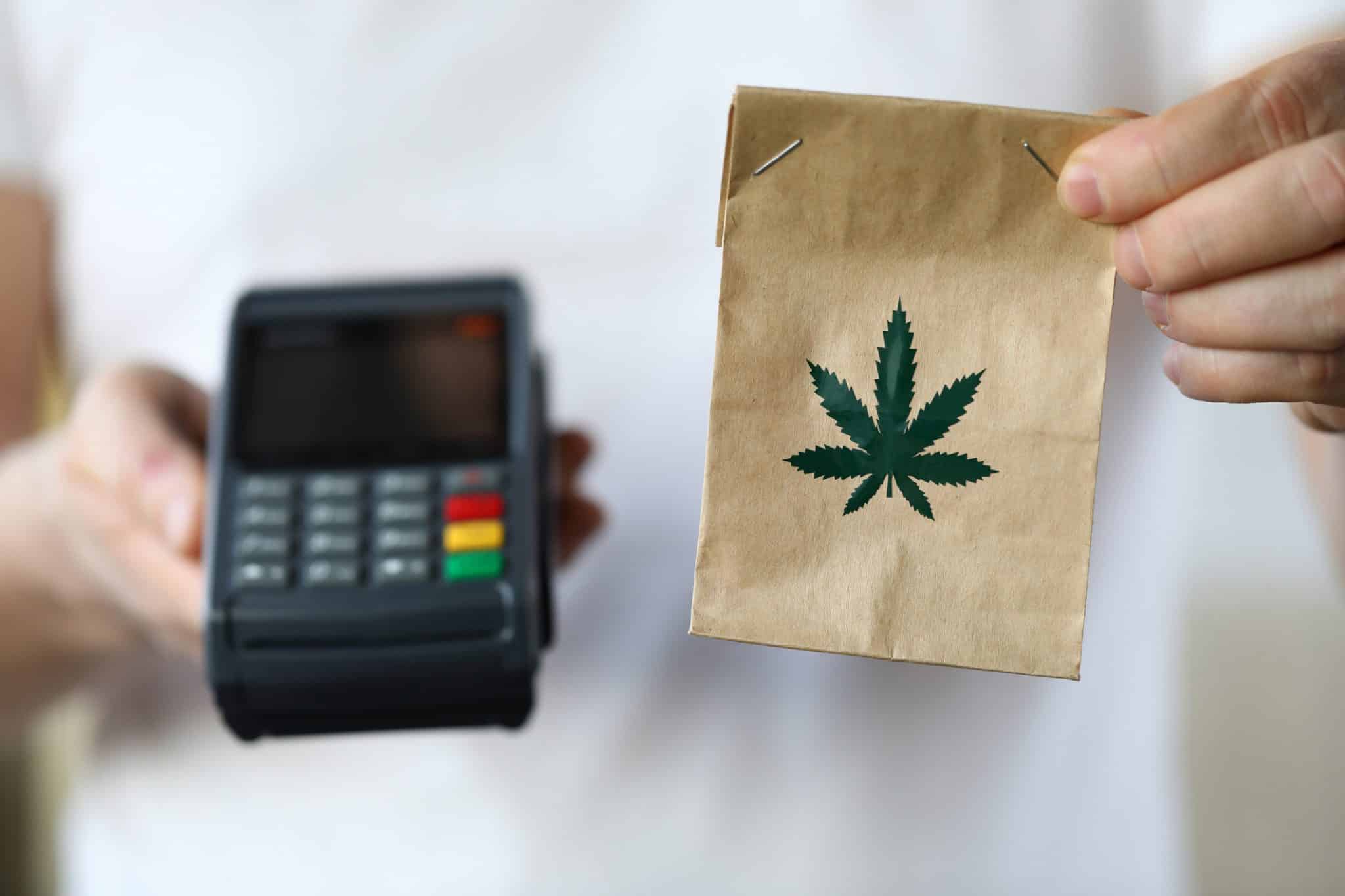Under the Cannabis Act (Canada) and its Regulations, an individual or a corporation who wishes to conduct certain activities with cannabis, such as growing cannabis, manufacturing cannabis products, selling cannabis for medical purposes, researching with cannabis, conducting analytical testing with cannabis, and producing and distributing cannabis pharmaceuticals, must first obtain a licence issued by Health Canada. The Cannabis Licensing Application Guide sets out the application process and information required for most licence classes.
Applicants may apply for cannabis licences through Health Canada’s Cannabis Tracking and Licensing System (CTLS). An applicant may apply for a combination of licences in relation to one site, and the Minister may approve or deny certain combinations of licences. If you or your organization hold(s) a licence under the Cannabis Act, you may already be authorized to conduct other activities under the terms of that licence.
Growing cannabis
To grow cannabis on a large scale (over 200 m2), you must obtain a Standard Cultivation Licence, and to grow cannabis on a small scale (under 200 m2), you must obtain a Micro-Cultivation Licence. Each cultivation licence allows for the production of dried and fresh cannabis, cannabis plants and cannabis seeds. To grow cannabis for starting material (plants and seeds), you must also obtain a Nursery Licence, which allows for the production of plants and seeds (up to 50m2).
Manufacturing cannabis products/Processing cannabis
To process cannabis products on a large scale (using more than the equivalent of 600kg of dried cannabis per year), you must obtain a Standard Processing Licence, and to process cannabis on a small scale (using less than the equivalent of 600kg of dried cannabis per year), you must obtain a Micro-Processing Licence.
Selling cannabis for medical purposes
If you are interested in selling cannabis for medical purposes, you must obtain a Sale for Medical Purposes Licence, which allows for the sale of cannabis for medical purposes to registered clients.
Researching with cannabis
To conduct research with cannabis, you must obtain a Research Licence.
Analytical testing
If you would like to possess cannabis to alter its chemical or physical properties through analytical testing activities (such as engaging in processes involving chemical contaminants, microbial contaminants, cannabinoid content, dissolution or disintegration, sterility, stability testing and/or pesticides, and even to ensure that, as a licence holder, you are meeting the Mandatory cannabis testing for pesticide active ingredients requirements), you must obtain an Analytical Testing Licence.
Conducting activities with industrial hemp
If you are interested in conducting certain activities with industrial hemp, such as cultivation, sale, importation, exportation, cleaning, preparing (conditioning) and processing (including rendering non-viable and producing derivatives/products), you must obtain an Industrial Hemp Licence. “Industrial hemp” is defined under the Industrial Hemp Regulations of the Cannabis Act as a cannabis plant or any part of the plant in which the concentration of THC is 0.3% (weight by weight) or less in the flowering heads and leaves.
Drug Establishment Licence and Cannabis Drug Licence
To produce, distribute, sell or possess cannabis pharmaceuticals, you must hold a Drug Establishment Licence and a Cannabis Drug Licence.
Import and export permits
To import and/or export cannabis, you must apply for an import and/or export permit. The holder of an import/export permit may possess, transfer, transport, send and deliver cannabis for medical or scientific purposes.
Additional requirements
To cultivate, produce and/or package cannabis, you must also possess a Canada Revenue Agency cannabis licence, issued under the Excise Act, 2001, and you must be registered with the Excise Stamping Regime. For those seeking cultivation, processing and/or sale licences, the licence holder, certain employees, directors, officers, partners and/or other related persons may be required to obtain security clearances before engaging in activities with cannabis. Licence holders are also subject to regular reporting and filing requirements involving inventory, recalled products, promotions, adverse reactions, losses and theft, and key investors and must meet deadlines for licence renewals.
You may be required to submit an application for an amendment to your licence and to notify your regional excise office and the local authorities in the event of a change in control of the licence holder, site address, contact information, activities or discontinuance of operations covered by the licence, licence holder name, certain personnel (i.e. quality assurance person, directors, officers and other individuals who hold security clearances), site plan, organizational structure, and address where books and records are maintained.
Certain applicants and licence holders may also be subject to municipal zoning bylaws and to other Acts and their corresponding regulations, depending on the activities in which they are engaged, such as the Food and Drugs Act (FDA), the Pest Control Products Act (PCPA), the Canada Consumer Product Safety Act (CCPSA), the Controlled Drugs and Substances Act and the Narcotic Control Regulations, the Tobacco and Vaping Products Act (TVPA), and the Fertilizers Act.
For questions surrounding an existing or new licence, contact Health Canada at hc.sp-licensing-cannabis-licences-sp.sc@canada.ca.
This blog post was written by Jade Renaud, a member of the Business Law team. Jade can be reached at 613-369-0373 or at jade.renaud@mannlawyers.com.







